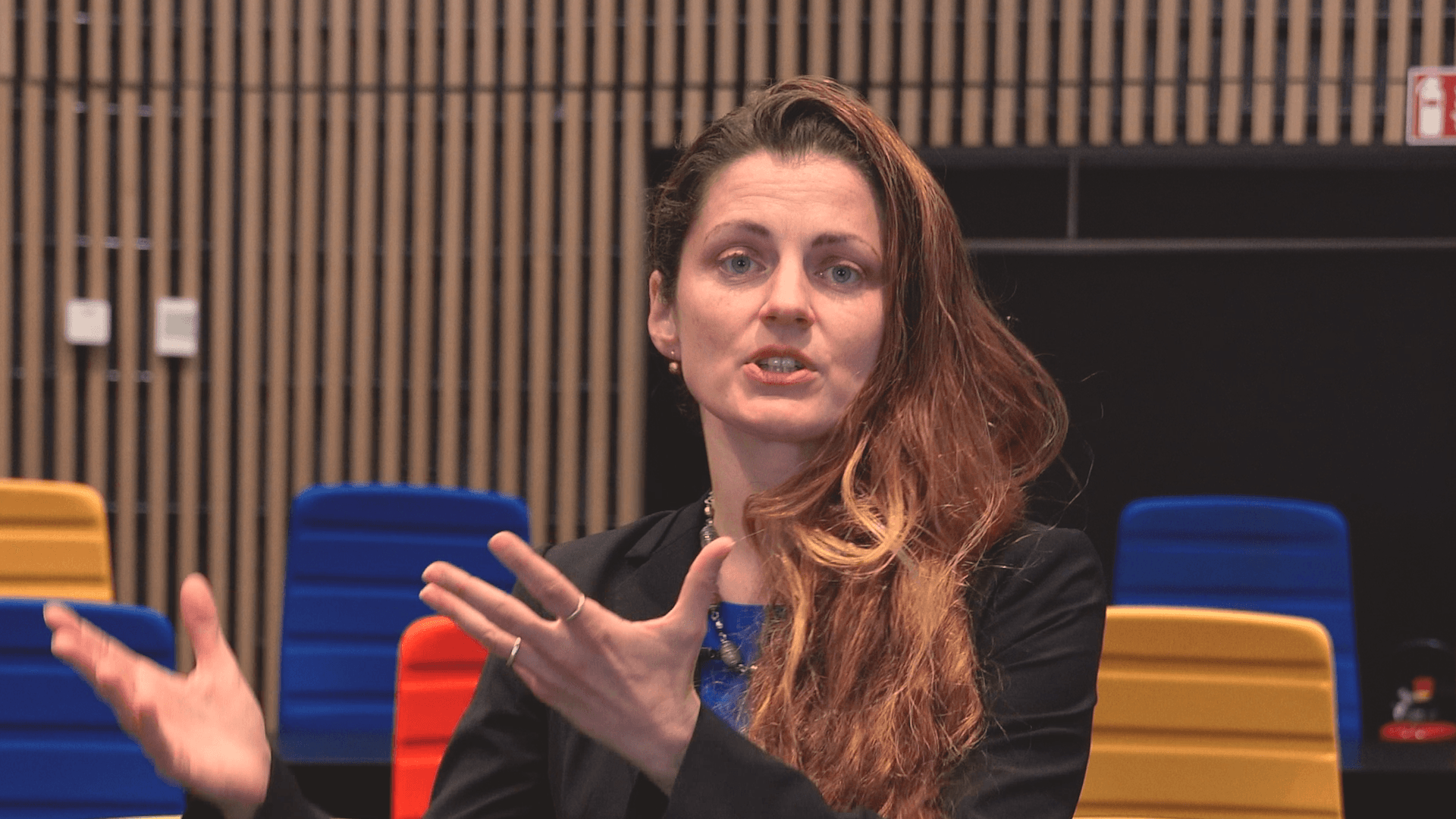Determining your organisational culture requires a bit of detective work
Professor Andreea Gorbatai talks about how you can measure your organisational culture

By Andreea Gorbatai
Professor of Entrepreneurship
Very often, when people are asked about their organisational culture, they look puzzled. They reflect and share some generic values, such as customer centricity or innovation or collaboration. So how can you tell what the culture of your organisation is?
Paradoxically, asking your employees what your organisational culture is may be the worst way to go about it. Because we inhabit organisational cultures very much the same way that fish inhabit water. If asked about culture, people are more likely to recite the mission statement or the latest outlined set of strategic priorities than tell you about what the organisational culture actually is.
How can you measure your organisational culture?
In this ‘What is’ video, Professor Andreea Gorbatai explains the importance of having an organisation-wide agreement on culture and aligning that culture with the strategic goals and mission of your organisation.
For these reasons, the best way to suss out what your organisational culture is, requires a little bit of detective work. Simply put, culture includes all the things that we say and do and all the things that we avoid saying or doing because we think we know or maybe we know they are not important to the organisation or to the people on our teams or because we expect to be penalised in some way for doing them.
So with a bit of modern digital technology, such as AI or machine analytics, some of these are relatively simple questions to answer. What do we have meetings about? What are the topics of emails that we answer quickest or slowest? What do we give rewards, awards, and promotions for? What are the things that our employees say about the organisation publicly, especially after they left the organisation? When we are making a decision on different choices of action, when choosing which candidate to hire or which employee to promote, what do we weigh most? What do we prioritise? What do we spend the most time discussing and evaluating? And often, and somewhat harder to answer, what are the factors that never come into play, that never come into the discussion?
So now that you learned a little bit about organisational culture and reflected on where your own organisation is at, here are the two most important questions you can ask about your organisational culture today.
1/ Do we all agree on what the organisational culture is?
Do people in different parts or levels of the organisation have the same understanding of our top priorities and our values? And does this translate into what they do, what they encourage, what they discourage, what they talk about, and what they prioritise?
An organisation where there is disagreement about what the priorities are or to which extent those priorities are enforced lacks a strong culture. Lacking a strong culture generates a need for more coordination meetings and more communication overall and creates confusion. It may even generate unproductive organisational conflict or demotivate your employees.
2/ Is your organisational culture aligned with your strategic goals and organisational mission?
Is this who we want to be, and what we want to excel at? If we keep doing the things that we're doing, giving the rewards and promotions for the same actions, and fostering the same work environment, will we reach the targets that we're aiming at?
Considering all the complex and interdependent aspects of culture and evaluating the extent to which they are both internally coherent and also aligned with your organisational mission and strategy is a complex, ongoing, and very brave undertaking. Clarity and persistence are key to success in this endeavour.
Get in touch!

Andreea Gorbatai
Associate Professor in Entrepreneurship Chair of the Diversity, Equity and Inclusion Committee


